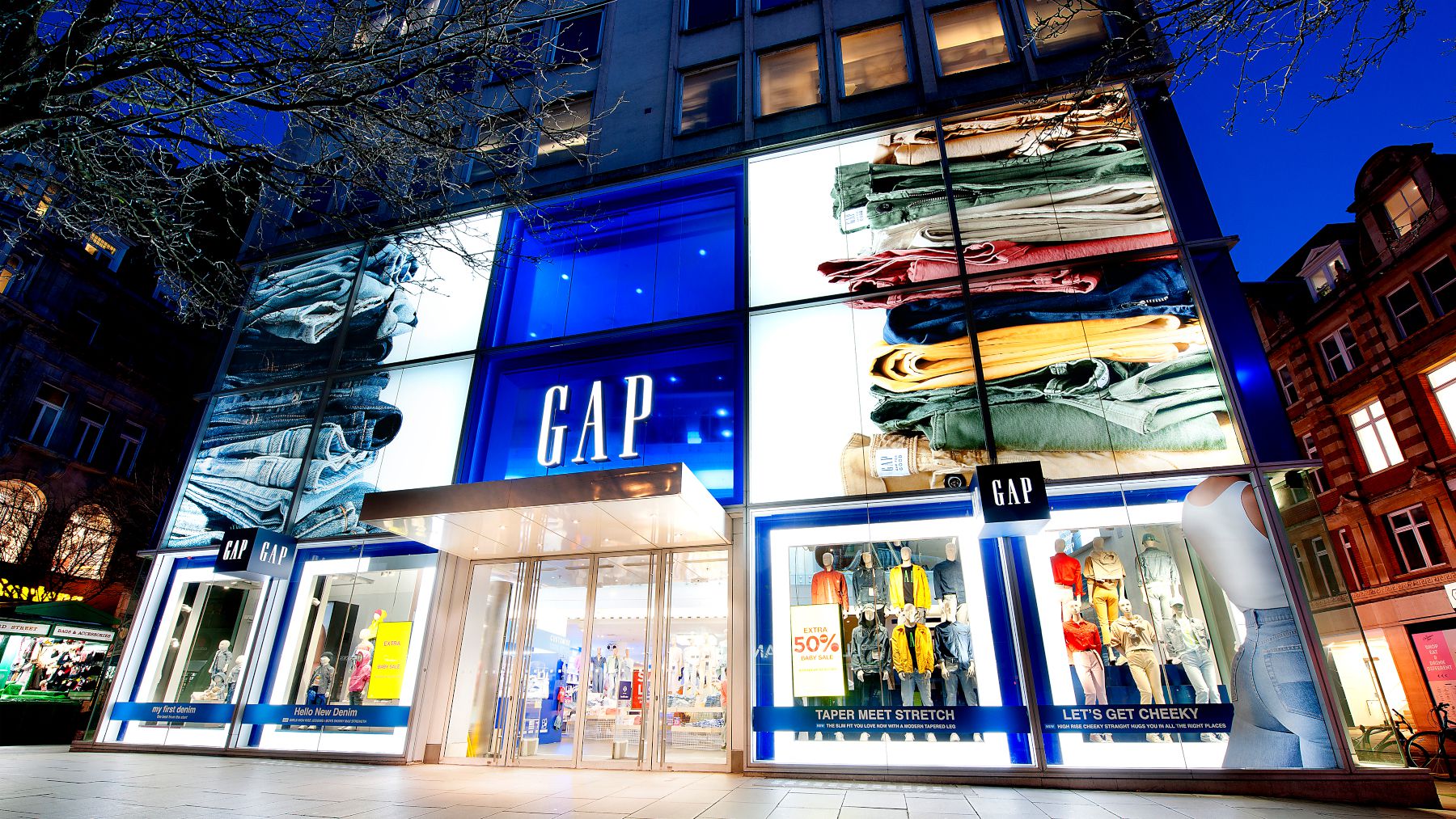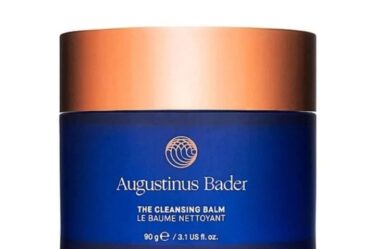
In March, clothing retailer Gap Inc joined numerous Western companies in announcing that it was halting deliveries to Russia to protest its invasion of Ukraine.
“As a values-led company, one that is proud to do the right thing over the past 53 years in business, at this time, we have also suspended deliveries to Russia, where we have a small franchise presence,” the San Francisco-based company announced in a March 10 message to its employees.
But Russian customs records reviewed by Reuters show that between March 11 and July 16, Gap’s franchisee in Moscow received 1,585 clothing shipments with a declared value of $5.2 million. More than three-quarters of the deliveries list the supplier as Gap Europe Ltd, a London-based unit of Gap Inc.
The Russian customs records are drawn from several commercial providers of trade data and go through Sept. 30. They provide details of Russian imports from customs forms, including suppliers, importers, product descriptions and declared values.
The Gap shipments included everything from “knitted children’s socks” and “children’s pyjamas” to “textile blouses for women” and “textile shorts for men.”
Clothing, except for luxury items, generally doesn’t fall under the recent Western sanctions on Russia so as not to punish ordinary citizens. But the post-March 10 shipments appear to contradict Gap’s claim to its employees.
A Gap Inc spokesperson in San Francisco told Reuters in an email on Oct. 19 that “we stopped shipments to Russia as we announced in March and have not resumed.”
Reuters later provided Gap with Russian customs data showing the 1,585 shipments after March 10 to Gap Retail LLC, a Gap franchisee in Moscow. It is operated by Fiba Perakende Grubu, an Istanbul-based retailer that runs all the Gap stores in Russia, Turkey and Ukraine.
On Oct. 28, Gap acknowledged to Reuters that it had continued facilitating deliveries of clothes to Russia until April — a month after it told employees it had suspended all deliveries.
“Because orders are made many months in advance, our franchise partner collected its final order from our distribution centre in April. Gap neither shipped nor sold any merchandise to our Russian franchise partner since their final order was processed,” the Gap spokesman said in response to questions posed by Reuters.
Gap didn’t respond to questions about exactly when the orders were placed, when they were fulfilled or why it didn’t cancel outstanding orders after its March 10 announcement.
Asked why the clothing shipments to Russia continued until July, a Fiba Perakende manager said in a statement, “These shipments were delayed due to longer transit times via Turkey, as well as additional handling time at Russian customs.”
But according to the Russian customs records reviewed by Reuters, the vast majority of the clothing shipments make no mention of Turkey as a transit point. Fiba didn’t respond to a question about the discrepancy.
The Fiba Perakende statement added that “due to Gap Inc’s decision to indefinitely suspend delivery of Gap products to Russia, Fiba is in the process of winding down its Gap franchise business in Russia, upon depletion of any remaining on-hand stock in Russia.”
Along with its e-commerce website, gap.ru, Fiba Perakende said in its statement it had operated 23 stores in three major Russian cities.
Gap Europe disclosed $9.6 million in annual franchise sales for Russia in its last fiscal year, ending Jan. 30, 2021, down from $11.5 million the prior year, according to its annual report and financial statements. Gap Europe’s business has been struggling, and it closed dozens of its company-operated stores last year in the United Kingdom and Ireland. A Gap Europe director didn’t respond to a request for comment about the Russian shipments.
A woman who answered the telephone this week at a Gap store in central Moscow said it remained open. Asked about its clothing selection, she replied, “Yes, we have some choice. Of course, it depends what you are looking for. Some items are missing.”
Russian customs records show more than 1,200 shipments of Gap clothing to Russia between March 11 — the day after Gap Inc’s announcement that it was halting shipments — and June 21. In every case, the supplier was listed as Gap Europe with the Netherlands as the departure country and Russia as the destination — with no mention of Turkey as a transit point. In its most recent annual report, Gap Europe said it was changing its distribution centre for its franchise business from the United Kingdom to the Netherlands.
Other shipments to Russia in June and July list the supplier as either “Ankara customs” or another Istanbul company that is linked to Fiba Perakende — suggesting the clothing may have passed through Turkey.
After July 16, the customs records show no shipments to Gap Retail in Moscow, indicating that the apparel flow to Russia had stopped.
Gap’s March statement that it had suspended deliveries to Russia also said it would donate $1 million worth of clothing to Ukrainian refugees. In its latest statement to Reuters, Gap said, “We stand in solidarity with the people of Ukraine.”
By Siddharth Cavale, Steve Stecklow and David Gaulthier-Villars; Editors: Vanessa O’Connell and Chris Sanders
Learn more:
It’s Time for Fashion Brands to Exit Russia
H&M’s decision to permanently close its Russian stores is a signal that fashion brands can no longer take a wait-and-see approach to the war in Ukraine.



